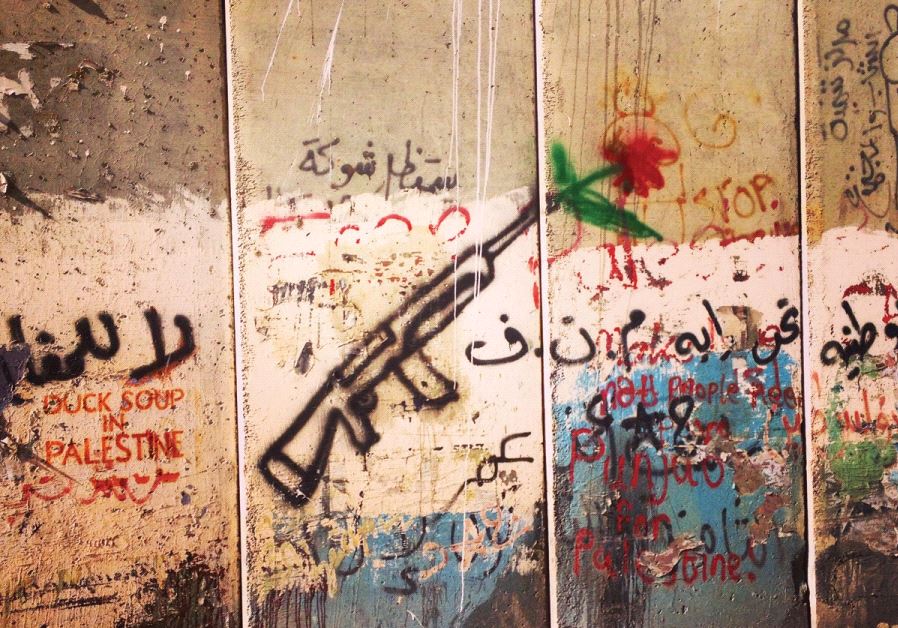2017: A year of change and challenge for Israel's relations in the region
The past year witnessed significant changes in Israel's relations with the Palestinians and the Arab world.
 WILL THE new administration change relations between Israel and the Arab world? Updated:
WILL THE new administration change relations between Israel and the Arab world? Updated: